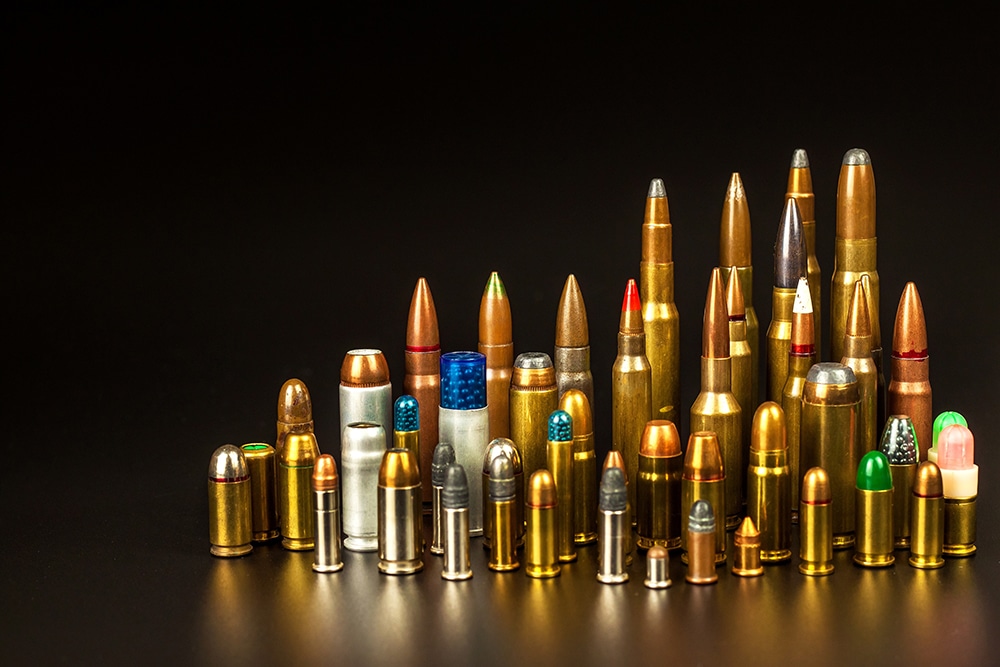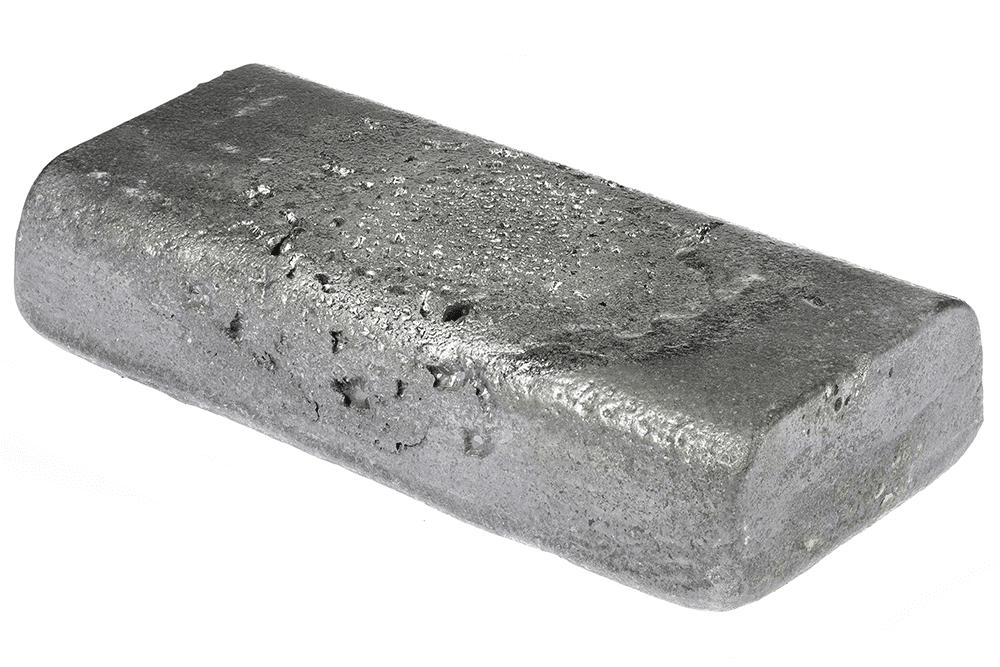For many years, most of the world has looked at China with some degree of trepidation where critical minerals are concerned. The reason? China currently produces about 60% of the world’s all-important rare earth metals and is responsible for roughly 90% of the refined rare earths available on the market. Now, there’s something more to worry about on this front. China’s recently-passed export rules have shaken up the critical minerals sector, with some analysts worried that Beijing will use its control over global supply chains in ways never seen before.

On August 15, China’s Ministry of Commerce announced that rules to limit antimony exports would start on September 15. Antimony has a wide range of uses, from bullets to brake pads to nuclear weapons. It also has the ability to make other metals stronger. Finally, because of its flame and heat-resistant properties, antimony is a critical component in the manufacture of lead-acid storage batteries used in cars.
MetalMiner’s Annual 2025 Outlook releases this month. Get a full 12-months of short and long-term price forecasts for 2025 and a complete understanding of the fundamental factors driving metal prices. Download a free sample.
Why is Antimony Important?
The global transition to green energy has increased demand for antimony, a material that enhances solar cell efficiency by improving the transparency of cover glass. This same, high-clarity glass is also found in smartphone screens. But more importantly, antimony is crucial for national security. This is because it is a critical component in defense manufacturing, including products like night vision goggles, ammunition and infrared sensors. According to a Financial Times report, a prolonged shortage could pose significant risks.

For these reasons, antimony prices had already touched new highs even before the export restrictions kicked in. In both China and Europe, spot prices are more than double last year’s highs, exceeding US $25,000 per ton. However, sourcing new suppliers will be a hurdle for global consumers. Demand is high, and China dominates the market, with the U.S. Geological Survey stating that the country produces nearly half of the world’s antimony.
Tungsten May Also See New Restrictions
Some view the move to bring in new export laws as a response to mounting trade barriers against Chinese goods, pointing out that this action will likely disrupt global supply chains for critical minerals. However, China maintains that the export rules should not be looked at as some kind of retaliation, especially against the U.S. and some of its recent policy changes vis-à-vis China.

Reports indicate that the U.S. has not mined any marketable antimony since 1997. Moreover, adding antimony to the supply chain from countries like Russia will prove to be difficult because of the current sanctions against that country.
Some of the experts in this news report believe that China may also extend export controls on tungsten by 2024-end, if not before. Almost as hard as diamond, tungsten, too, is used in many industries, including defense, semiconductors and industrial cutting machines. Antimony and tungsten are both on the U.S. critical minerals list. According to MetalMiner’s weekly newsletter, this could impact numerous U.S. companies due to being on the critical minerals list.
China’s Tightening Grip on Critical Minerals
In mid-2024, China announced several measures signaling its intent to tighten control over valuable natural resources, including rare earth metals, which see wide use in products like cars, wind turbines and military equipment. In June this year, China’s State Council declared that rare earth metals are state property and warned businesses that no organization or individual can encroach upon or damage these critical resources.
China is so committed to this effort that it is creating a traceability database to monitor the extraction, use and trade of these metals. The latest information says that the new regulations will take effect on October 1, 2024.
Arm yourself with the industry’s most robust metal intelligence with MetalMiner Insights. View our full metal catalog.


.jpg)
